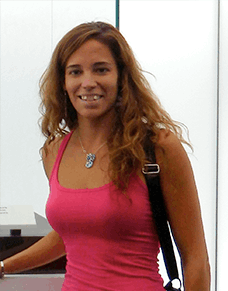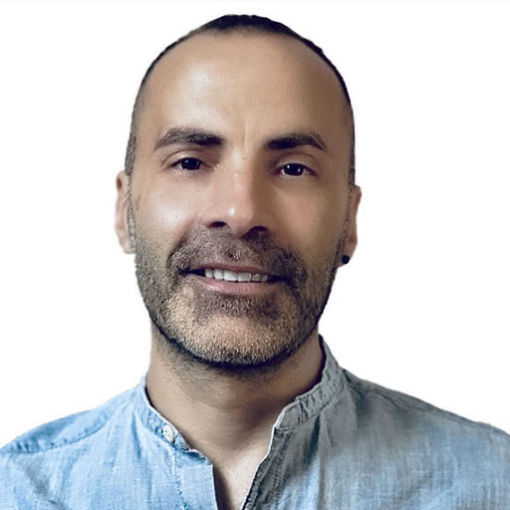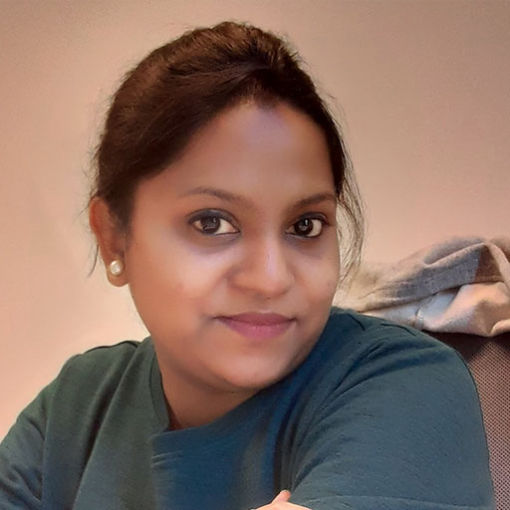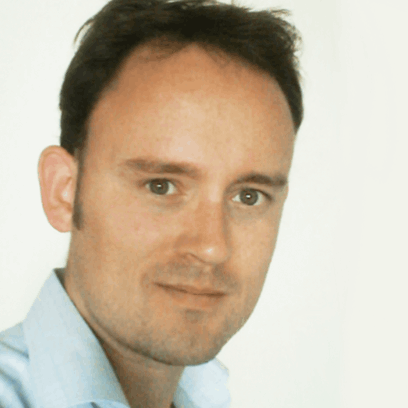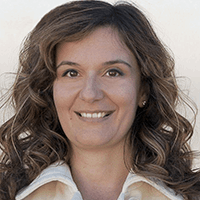Hochschule Darmstadt (Germany)
The biometrics and internet security research group da/sec Hochschule Darmstadt was established in 2008, when the CASED center was founded. The focus of the group is on highly innovative and applied IT security research in the special fields of biometrics and digital forensics. The group is funded by various national and international projects (see http://www.christoph-busch.de/projects.html for an overview) and closely cooperating with the partners in theNational Center for Applied Cybersecurity ATHENE https://www.athene-center.de/), which was established as follow-up of CRISP and CASED. In addition, the da/sec research lab is an active member in the European Association for Biometrics (EAB), and organizer of several international conferences on Biometrics such as the IEEE BIOSIG conference and the EAB-RPC conference. We also contribute to the international standardization in the field within the ISO/IEC JTC1 SC37. Our biometric research is covering various physiological and behavioural biometrics including presentation attack detection and biometric template protection for the characteristics fingerprint, vein, iris, ear, 2D- and 3D-face, speaker and signature recognition. Furthermore we focus on privacy enhancing technologies such as biometric template protection and integration in physical and logical access control.

Prof. Dr. Christoph Busch
Principal investigator

Lázaro Janier González-Soler
Ph.D. student
